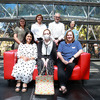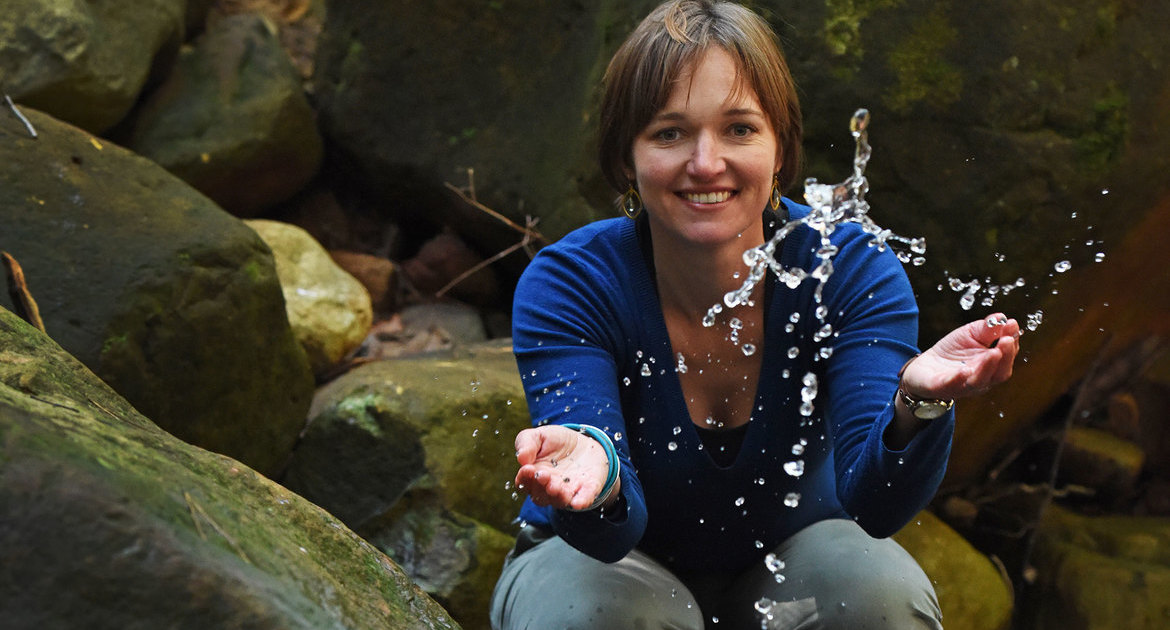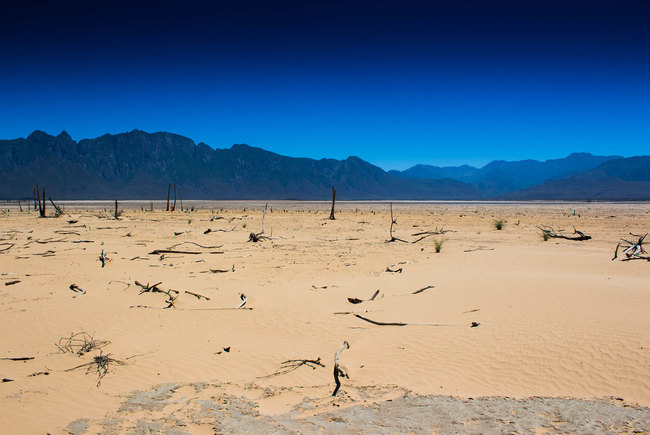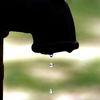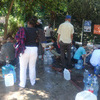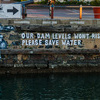Inaugural Lecture: Professor Maano Ramutsindela
16 February 2018 | From the VC’s Desk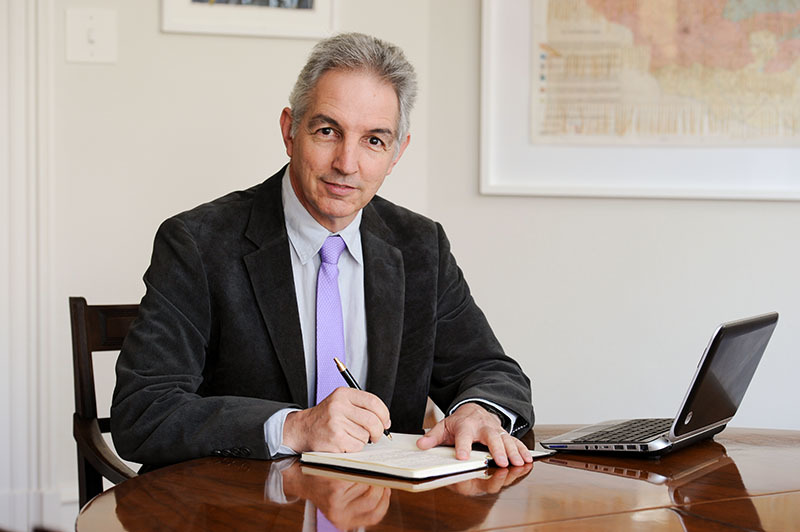
Dear colleagues and students
I write to re-issue this formal invitation to the first Vice-Chancellor’s Inaugural Lecture of the year, which is to be presented by Professor Maano Ramutsindela. The lecture, titled “Remapping Africa through peace parks: What future for the continent?”, was initially scheduled to take place last November. It has now been rescheduled to Wednesday, 21 February 2018.
Professor Ramutsindela is the deputy dean of the Faculty of Science at the University of Cape Town. He has a background in human geography with an interest in South Africa’s socio-political and development challenges and the world economy. His main research and teaching interests are within the subfields of political geography and political ecology. With his research themes – related to borders, regions, land reform and transfrontier conservation – he engages with the broader debate on the conceptions and institutionalisation of borders and their (im)materiality, territorial politics, regionalisms and society–nature relations.
He is a Canon Collins scholar, a fellow of the Society of South African Geographers and a recipient of the National Research Foundation Award for the Transformation of the Science Cohort.
The establishment and development of peace parks, also known as transfrontier conservation areas, is an approach to jointly manage natural resources across political boundaries. Professor Ramutsindela’s work on these parks has been featured in the New York Times and in the Conversation. He is the author of Transfrontier Conservation in Africa: At the confluence of capital, politics and nature.
In his lecture, he will talk about the development of peace parks in Africa’s borderlands, the future they promise, their implications for the ownership of resources, as well as how ordinary people experience them. He will also explore the question of whether peace parks are just a new cartographic device by which a colonial project of resource alienation and control is continued in post-independence Africa.
When: Wednesday, 21 February 2018
Where: Lecture Theatre 2, Kramer Law Building, Middle Campus, University of Cape Town
Time: 17:00 for 17:30
RSVP: Please reply online by close of business on Tuesday, 20 February 2018.
For enquiries, please email or phone 021 650 3730/4847.
Please note: Due to limited space, seats will be allocated on a first-come, first-served basis.
Sincerely
Dr Max Price
Vice-Chancellor
Read previous communications:
 This work is licensed under a Creative Commons Attribution-NoDerivatives 4.0 International License.
This work is licensed under a Creative Commons Attribution-NoDerivatives 4.0 International License.
Please view the republishing articles page for more information.
Cape Town water crisis
At UCT our researchers have been analysing the causes of the current drought, monitoring water usage on campus and in the city, and looking for ways to save water while there is still time. As part of UCT’s water-saving campaign, all members of the campus community are encouraged to reduce their water use by half, which will help Cape Town to meet its water-use goals and ensure a water-sustainable university in the future.










